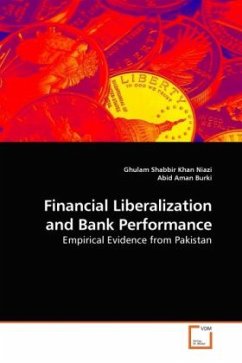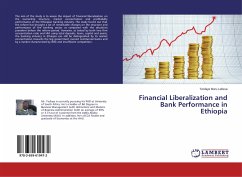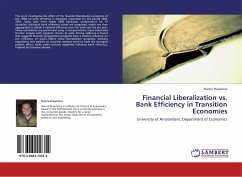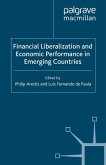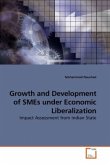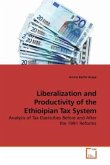After decades of controls and dominance of state-owned banks, foreign and private banks have recently been allowed to compete freely in many developing countries. Most studies suggest that state-owned banks in these countries are least efficient in allocation of resources, but evidence on relative efficiency of private and foreign banks is mixed. It is unclear whether banking reforms have a positive or a negative effect on performance of domestic and foreign banks. This book evaluates how financial reforms affect performance of banks in Pakistan where banking sector has completed two decades of dramatic transition from dominance of state-owned banks to an environment where foreign and private banks have a level playing field. Based on data of Pakistani banks and frontier efficiency measures, this book provides insights on the relative performance of state-owned, private and foreign banks. These results should be useful to researchers and policy makers in other developing countries with prevalence of state-owned banks who may be compelled to carry out structural change in order to liberalize their banking sectors to cope with the challenges of globalization.
Bitte wählen Sie Ihr Anliegen aus.
Rechnungen
Retourenschein anfordern
Bestellstatus
Storno

